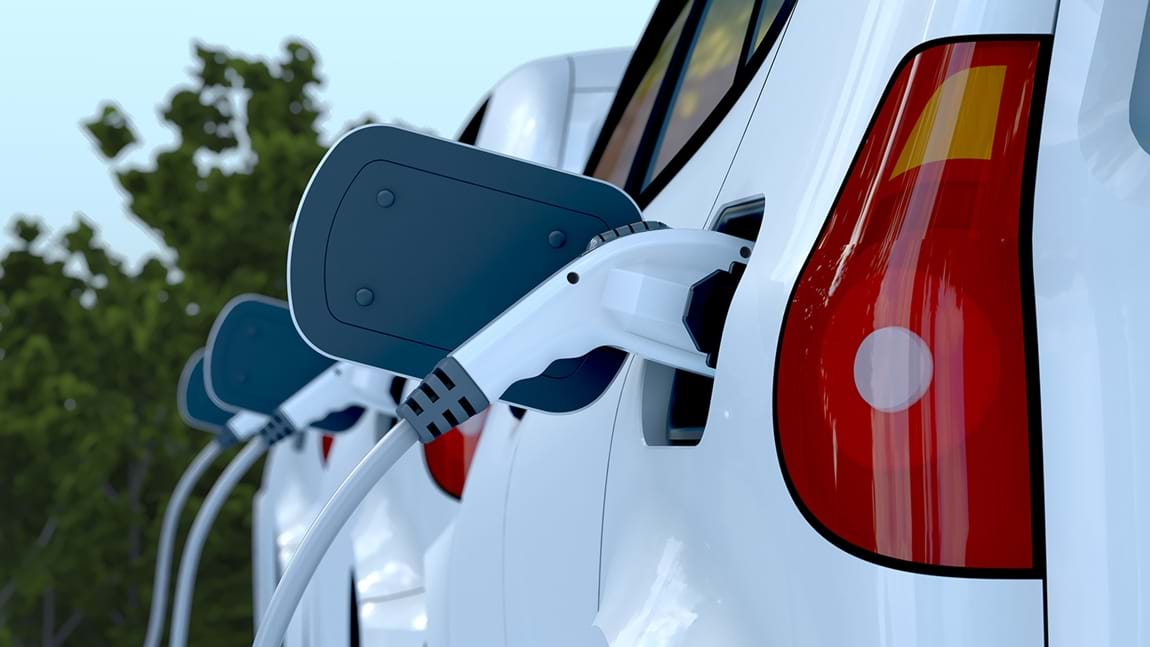DI: Climate proposal will make Denmark a frontrunner in green transport
The government’s proposed climate plan moves Denmark into the fast lane in green transition of the transport sector. The Confederation of Danish Industry supports the government’s goal to phase out cars that run solely on petrol and diesel, but also calls for initiatives that will reap the major environmental benefits of making our buildings more energy efficient.
The government’s proposed climate plan is intended to accelerate the green transition of the transport sector. In coming years, buses, taxis and passenger cars will gradually transition to fuels other than petrol and diesel. When completed, the plan will reduce Danish carbon emissions by at least 26 million tonnes, meaning that if the plan is fully realised, Denmark will fulfil its climate obligations.
“With this proposal Denmark is taking the lead in international climate negotiations, and the plan ensures that Denmark fulfils its climate obligations to the EU. At the same time, we get started with the green transition of the transport sector. Exciting technological developments will be taking place in the coming years, and now we will be part of that development. It is also a good signal to send to our European partners. We need the whole EU on board if we are to succeed in this major task,” says Tine Roed, Director at the Confederation of Danish Industry.
See also: Video: No alternative to an ambitious climate policy
It is positive that the government is spurring the transition of the national vehicle fleet – both by looking at registration costs and the special company car taxation. The goal of phasing out petrol and diesel cars over the next 12-17 years is ambitious – but not impossible. Meanwhile, it also has a number of other benefits. Green cars mean cleaner air in cities and a far more energy efficient transport sector.
“It is good news that the government intends to create a commission to draw up proposals for how to execute the transition in practice. The transition of the national vehicle fleet from old to new technologies creates a unique opportunity to change fees so that they promote cars with new technologies within environment and safety. We must be open to all technological solutions, we must maintain mobility and ensure that costs are as low as possible,” says Tine Roed.
See also: CEO at GPV: Danish conditions are the best in ten years
Meanwhile, the proposal does not include any initiatives aimed at making our buildings more energy efficient and environmentally friendly. According to DI, there are major environmental benefits to be gained from properly insulating and improving existing buildings.
“There is a great potential for making our buildings more energy efficient that should naturally be fulfilled in the plan as well. We had hoped it would be part of the proposed plan, and we strongly encourage the government and the rest of the parliament to include in their further negotiations concrete initiatives for making buildings more energy efficient,” says Tine Roed.
The EU is increasingly seeking to increase the energy efficiency of buildings, which creates an opportunity for the export of Danish solutions.
“If we are to solve the climate challenge, more energy efficient solutions in buildings and greater focus on energy renovation will be absolutely crucial. We need to show the world what Denmark can do. In this way, we can inspire others and create new export opportunities,” notes Tine Roed.
As part of the climate plan, the government plans to purchase and delete emission allowances. Denmark is obligated to reduce emissions from agriculture, buildings and transport by 39% before 2030. That is a very high target, and according to DI, it therefore makes sense financially to maintain the cost check that allowance deletion constitutes in practice.
See also: Buildings could be responsible for 50% of global greenhouse gases in 2050
